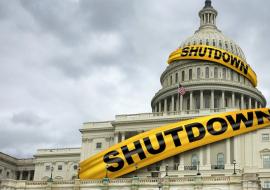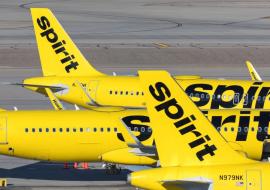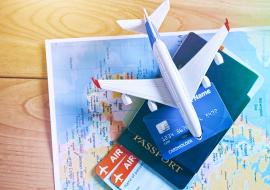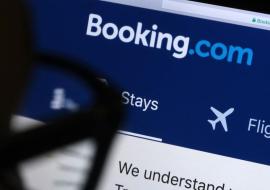Marriott Survey Finds Growing Strength in Business Travel
A first-of-its-kind poll of business travelers from four major economies commissioned by Marriott Hotels & Resorts indicates that 2010 may be shaping up as a year of transition from economic pessimism to greater confidence. But the survey also found that Chinese businesspeople are more than twice as optimistic about their national economy and their jobs as Americans and Europeans, according to the Marist Institute for Public Opinion.
“Global Business Trends in the Third Millennium” examined trends in the economy, business travel, career and personal goals, generational and cultural differences. It found, for example, that the Millennial Generation, despite its high rate of unemployment, is more optimistic about the future of the economy than Generation X and the Baby Boomers. About one-third of those polled in the U.S. and Europe also are worried they will lose their jobs in the next year while only about 10 percent of those in China shared this concern.
When the economy improves, 40 percent of those polled in the U.S. and Germany and 50 percent of those in the United Kingdom said they will look for new jobs. More than 60 percent of 1,207 respondents in China, U.S., U.K., and Germany agree that business travel is essential; and 75 percent of Chinese plan to travel more. At the same time, business travelers predict more travel next year: U.S. (22 percent), U.K. (20 percent), Germany (20 percent), and China (63 percent).
Approximately one-third of business travelers polled in the U.S. (35 percent), UK (33 percent), and Germany (33 percent) think their economies will improve. Another third -- U.S. (36 percent), U.K. (37 percent), and Germany (35 percent) – believe things have leveled off economically and will “stay the same.” About three in 10 – U.S. (29 percent), U.K. (30 percent), and Germany (33 percent) – forecast their national economy will get worse. China is the exception, with 81 percent of responders saying their economy will improve.
In China, only 13 percent fear job loss in the coming year, versus 39 percent in the U.K., 34 percent in Germany, and 29 percent in the U.S. As their economies start improving, 66 percent of business travelers in China, 51 percent of business travelers in the U.K., 40 percent of business travelers in the U.S., and 39 percent of business travelers in Germany plan to seek new jobs.
Although affected by a lack of jobs, Millennials (Generation Y), ages 21-29, in the U.S. and U.K. express greater optimism about the economy than their older colleagues. Millennials in the U.S., U.K., and Germany also foresee more business trips in the coming year than their Baby Boomer counterparts.
Most responders in all four countries say business travel gives their companies and their careers a competitive edge. More than nine in 10 agree business travel is important to achieve business goals, reaching a high of 96 percent among the Chinese. U.S. responders are most likely to say (82 percent), travel provides critical face-to-face time with clients and customers, followed by 77 percent in Germany, 74 percent in China, and 72 percent in the U.K.














